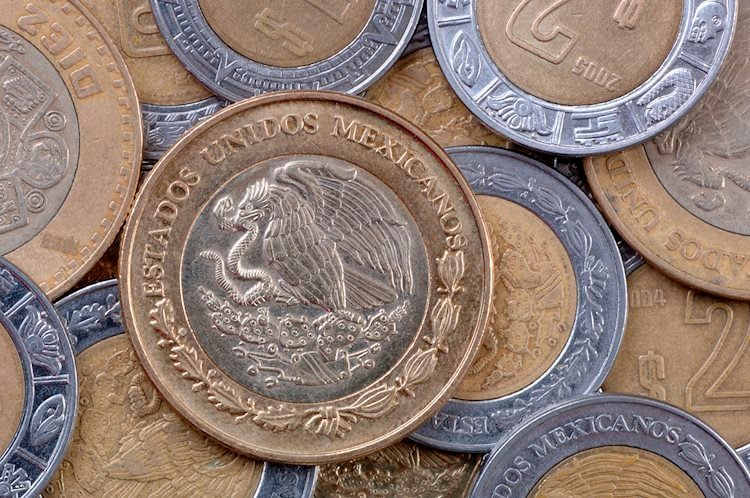The People’s Bank of China (PBOC) clarifies its stance on Bitcoin and stablecoins, claiming that they are speculative instruments that jeopardize financial and social stability.
The crackdown on stablecoins continues ahead of the Beijing Winter Olympics’ digital renminbi pilot.
If the use of Bitcoin and stablecoins as payment methods for money laundering and criminal economic activity continues, more action will be taken.
The People’s Bank of China’s deputy governor has expressed reservations regarding the use of stablecoins. He stated that the bank is already taking steps to combat the threat that stablecoins pose.
The use of stablecoins like Tether (USDT) poses risks and challenges to the international monetary, payment, and settlement system, according to Fan Yifei, the PBOC’s deputy governor. Stablecoins, according to Yifei, have become a speculative instrument for money laundering.
Visa and other global payment firms would disagree with China’s stance on stablecoins. According to a recent statement by a major financial services organization,
…Stablecoins are on pace to become a key component of the greater digital transformation of financial services, and Visa is eager to play a role in shaping and supporting that evolution.
Key actors in the Chinese cryptocurrency business are spreading the hypothesis that the country’s assault on stablecoins is a tactical move ahead of the launch of further pilots for institutional and commercial use of the digital RMB, according to multiple media reports. This argument has its roots in the past, when the government targeted Google, Facebook, and other websites before launching a state-owned version of these companies.
China is currently analyzing and investigating private digital currencies that are not issued by the central bank, according to Yifei’s statement. However, ahead of the Beijing Winter Olympics, they are actively marketing both variants of the digital renminbi. One is issued to institutional institutions such as commercial banks, while the other is issued to the general people for everyday transactions.
According to the deputy governor of the People’s Bank of China, China has reached a consensus on the impact of wholesale digital renminbi, and studies show that it will have no impact on the present financial system. The same cannot be said for its retail form, as it is unclear if it would result in financial disintermediation or monetary policy weakness. This is one of the main reasons why the government is conducting pilots with just whitelisted users.
Over 10 million whitelisted users are currently waiting to take part in the digital renminbi experiment at the Beijing Winter Olympics.
Yifei explained,
As far as I’m aware, there are now ten million whitelist users. If you have the chance, I hope you will try it. The next pilot will focus on the Beijing Winter Olympics scene. Everyone here may benefit from such conveniences as a result of this approach. You can also report any problems with use to us, and we will make the necessary adjustments as soon as possible./n
Read More




